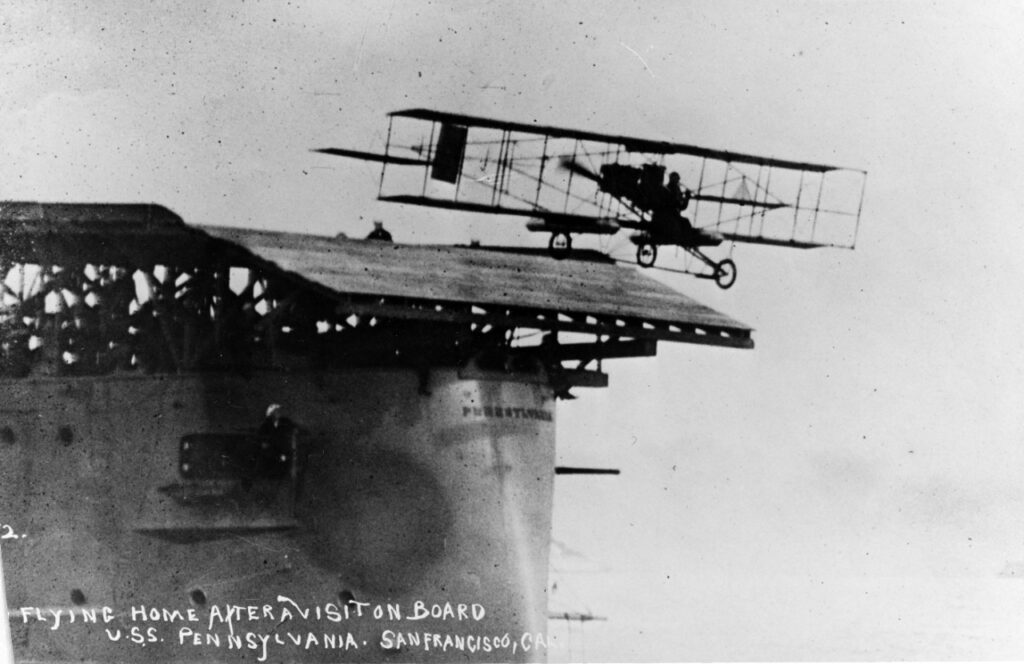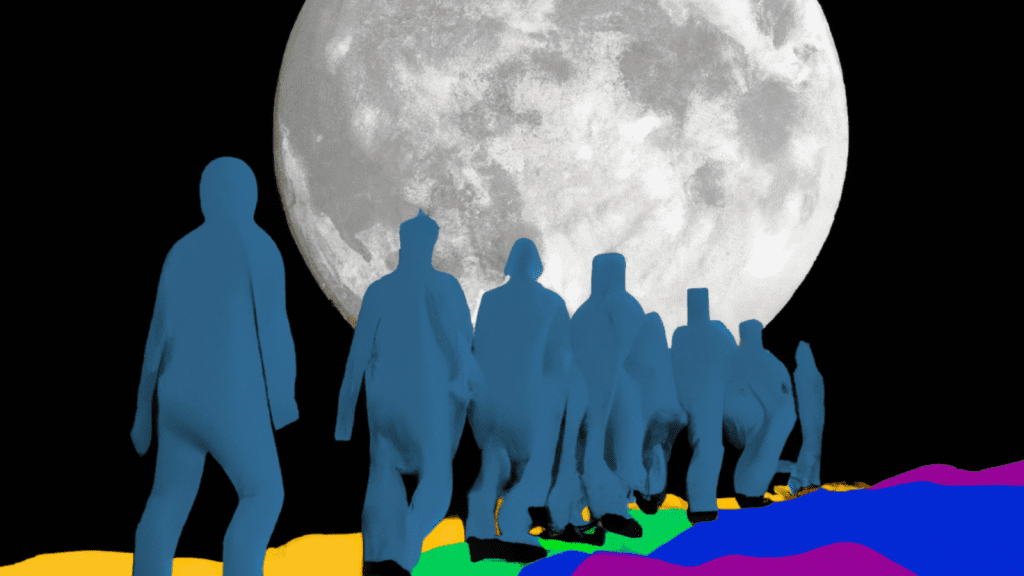Embracing Artificial Intelligence-Three Tips To Survive The (R)evolution

In the early 1990s, I became one of the first managers in my organization to receive a laptop computer. This was before the rise of the Internet; we used America Online (AOL) to email each other. As word spread that I was in the first group of guinea pigs, some of my co-workers told me I don’t have time to read emails! Within a year or so, everyone in management had a computer, and somehow or other was able to find the time to learn their way around one.
The change did impact our workforce. I watched the percentage of administrative assistants drop as non-exempt staff became responsible for their own correspondence and meeting agendas. It wasn’t all bad. The introduction of computers meant the creation of IT departments as people had to be trained and computers fixed. Some of our former administrative assistants embraced computers and moved into our new IT department. Within a few years, social media and web design would create new jobs.
Artificial Intelligence will be just as disruptive, if not more so, than the introduction of computers. As a writer active in several writing communities, I am already hearing other authors saying, Not me–I’ll never use it! Or some version of, It’s the end of the world as we know it! Still, others insist, It’s flawed! It lies!
Artificial Intelligence Is Here To Stay
Yes, it is flawed. The 1903 Wright Flyer and other biplanes of the first two decades of aviation were slow, dangerous, and limited in what they could do. Consider the evolution of aviation from early biplanes to commercial jet airliners carrying hundreds of people halfway around the planet. Today, a person can fly from Los Angeles, California to Auckland, New Zealand nonstop in less than 13 hours. People in 1911, when the photo below was taken, probably would not have believed that would ever be possible. And yet it is. Like aviation, AI is already evolving, albeit at a much faster pace.

The Sky Is NOT Falling-For Most Of Us!
People in the 1950s thought the introduction of TV would kill radio and movies. TV definitely impacted radio. Most episodic entertainment moved to TV, but radio adapted by focusing on music and news, then later “talk” radio. Movies weren’t impacted that much.
I believe Artificial Intelligence will go through a similar process. There will be some segments that will be changed. One might be in the entertainment industry especially those in the Writers Guild of America (WGA) and the Screen Actors Guild-American Federation of Television And Radio Artists (SAG-AFTRA). The two unions are currently on strike against the Alliance of Motion Picture and Television Producers (AMPTP). If the producers prevail in this strike, there may well be disastrous changes for those in SAG-AFTRA. More likely, they’ll meet somewhere in the middle over the use of AI. For the rest of us, we may see benefits far outweigh the negatives.
How I Do and Don’t Use AI
I am currently researching a book on the US Navy’s most decorated crew. They were the men who took USS Franklin, an Essex-class carrier, into combat in the Pacific Theater of Operations during World War II. They survived an attack that rendered Franklin the most damaged carrier not to be sunk. And the captain tried to court-martial seven officers and turned many others of the crew into outcasts.
I will NOT use AI to write my book. I want to experience that myself. However, I have used AI as a research assistant. My very first prompt returned a hallucination, but I caught it. Therefore, I now verify all AI-generated information. Right now, the score is
Research Leads 7
Hallucinations 1*

There have been times when I have been stumped by using a search engine such as Google. But then I create a prompt and ChatGPT or Bing AI comes up with something relevant.
Three Tips To Help Survive The Artificial Intelligence Transition
In more than forty years in the workforce, I have experienced three reductions in force and the introduction of too many major and minor initiatives to count. Here are my recommendations for learning to live with AI.
First, learn everything you can about Artificial Intelligence.
Forewarned, forearmed; to be prepared is half the victory.
-Miguel de Cervantes
Granted, this is no easy task. AI is constantly evolving. However, you can learn from credible sources whatever your learning style. Become knowledgeable on the benefits and dangers to your profession. Just as the automobile ruined the manufacturing of horse-drawn wagons and buggy whips, perhaps your profession may be drastically changed as well. But if you can see the warning signs earlier, you may be able to change professions on your terms. Or, you can be one of the first to find a new role in your profession created by AI. Just as some of my corporation’s administrative assistants moved into IT, you may be able to move into a field in your profession that does not now exist. Do your best to keep an open mind on AI’s benefits and dangers.
I’ve been experimenting with several different AI platforms. Because I will be citing my sources, I like that Bing AI gives me citations for its data (which I then verify). But, when I used the same prompt to help create a marketing plan, ChatGPT was the clear winner over Bing AI.
Second, if you work in a hierarchical organization, approach your supervisors and let them know of your interest in learning more about AI. If possible, seek permission to try out AI in your work. Ask to serve on any teams created to look at AI’s impact on your organization. I was fortunate enough to have bosses that encouraged my creativity and they let me try out (some of) my ideas.
Third, become a subject matter expert no matter what your supervisors say. Even if leadership in your organization is not interested in AI, other people in your profession but outside your organization may be more visionary. Or, perhaps your leadership will change its mind in six months or a year as they see they are not adapting to the new normal. If so, you may wind up leading a team looking at AI.
But…But…But!
Yes, AI is inaccurate. It will get better. Can it be used for evil? Of course, The more we know about Artificial Intelligence, the better we can support protections against dangerous uses. Tens of thousands of years ago, humankind discovered fire. It turned out to greatly benefit us. But it has also killed people and animals, either by accident or design. Still, we have learned to use it. No one advocates that we give up fire. In much the same way, we will learn to use AI.
It is not going away. That genie is out of the bottle. The more proactive steps you and I take to understand and prepare for the changes it brings about; the better off we will be. Do your best to ride the AI wave, rather than giving up and drowning in it.
*Here’s how I used AI in this blog post. I searched for the names of the unions to verify I had them right. I had recently told Google I was interested in using AI to assist my search and it responded with the answer. Next, I then copied and pasted the entire post into ChatGPI and asked it for editing suggestions based on the book “The Elements of Style” by Strunk and White. I received useful information which I will study, but I did not make any changes to this post’s content as I want my writing to stand on its own. Finally, I asked it for a better title than the one I originally chose. It did come up with a better title, but I made a few edits myself, so I improved on its suggestion. I also asked for keywords to use to optimize this post for SEO. I was already using some of them and I felt the rest of them were irrelevant. Finally, I did a search for “AI images looking for those in the public domain “Creative Commons images of artificial intelligence.” You see several I found.
Did you arrive here via a search engine? I am the author of the forthcoming book, Heroes By The Hundreds: The Story of the USS Franklin (CV-13). In addition to writing about the bravery of the crews that saved her, I will be writing about the lessons we can learn in leadership and crisis management. I’ll also write about the changes the US Navy made as a result of those lessons learned.
I send out a monthly newsletter, Glenn’s After-Action Report, writing about subjects I find interesting in my research. You can sign up for it below. Feel free to leave a comment or ask a question. Thanks for reading.-Glenn